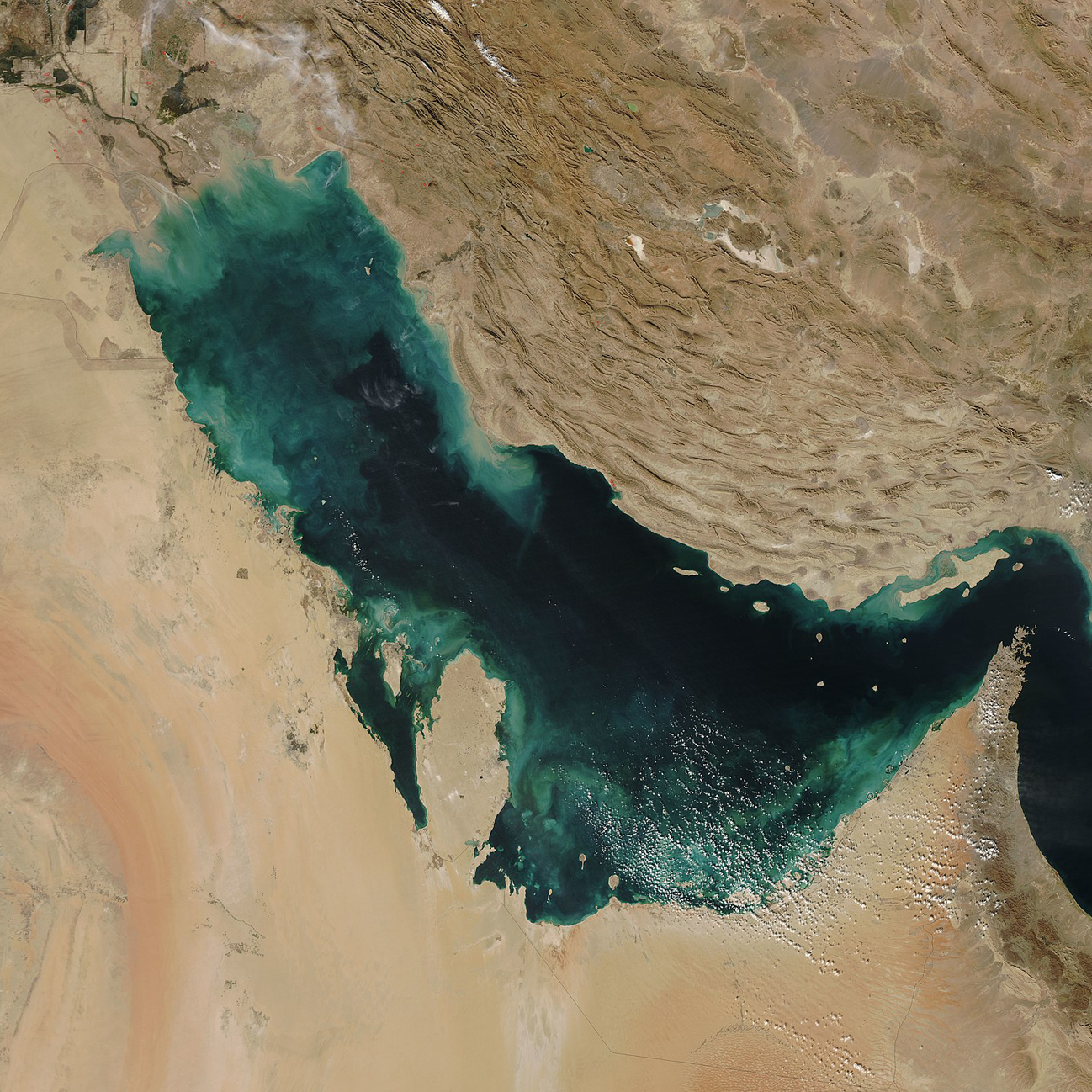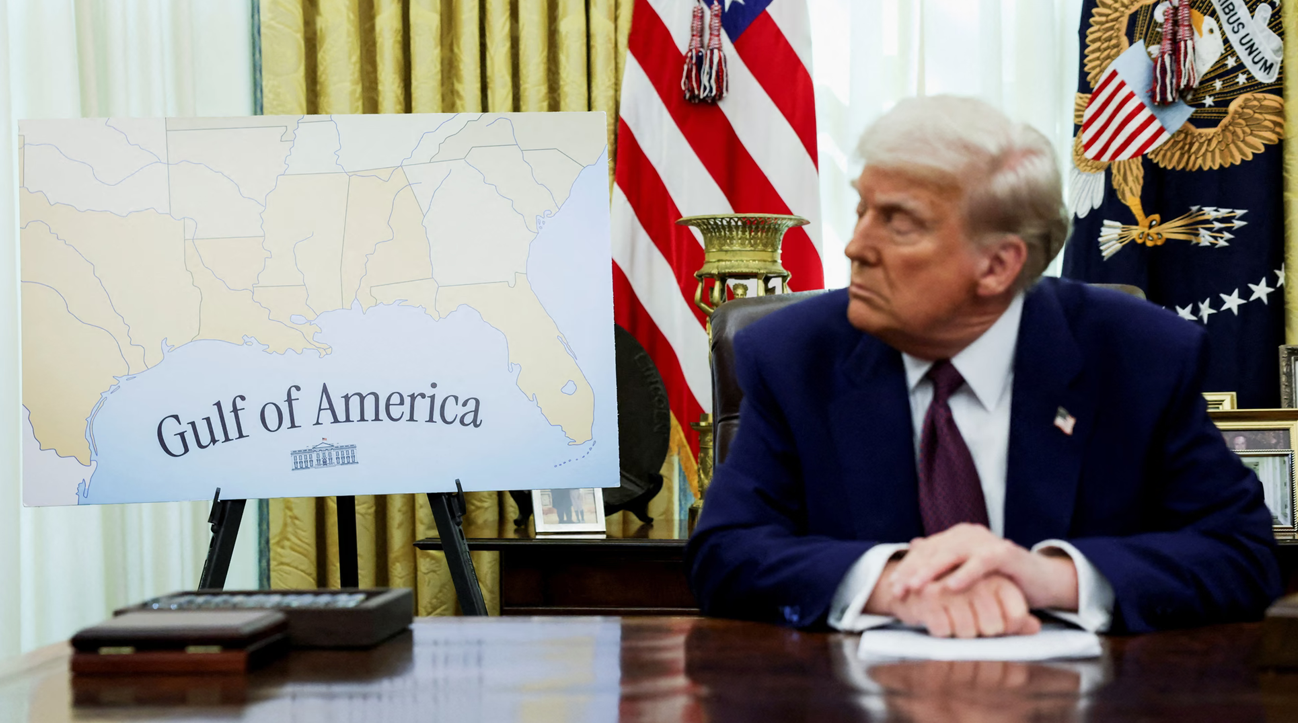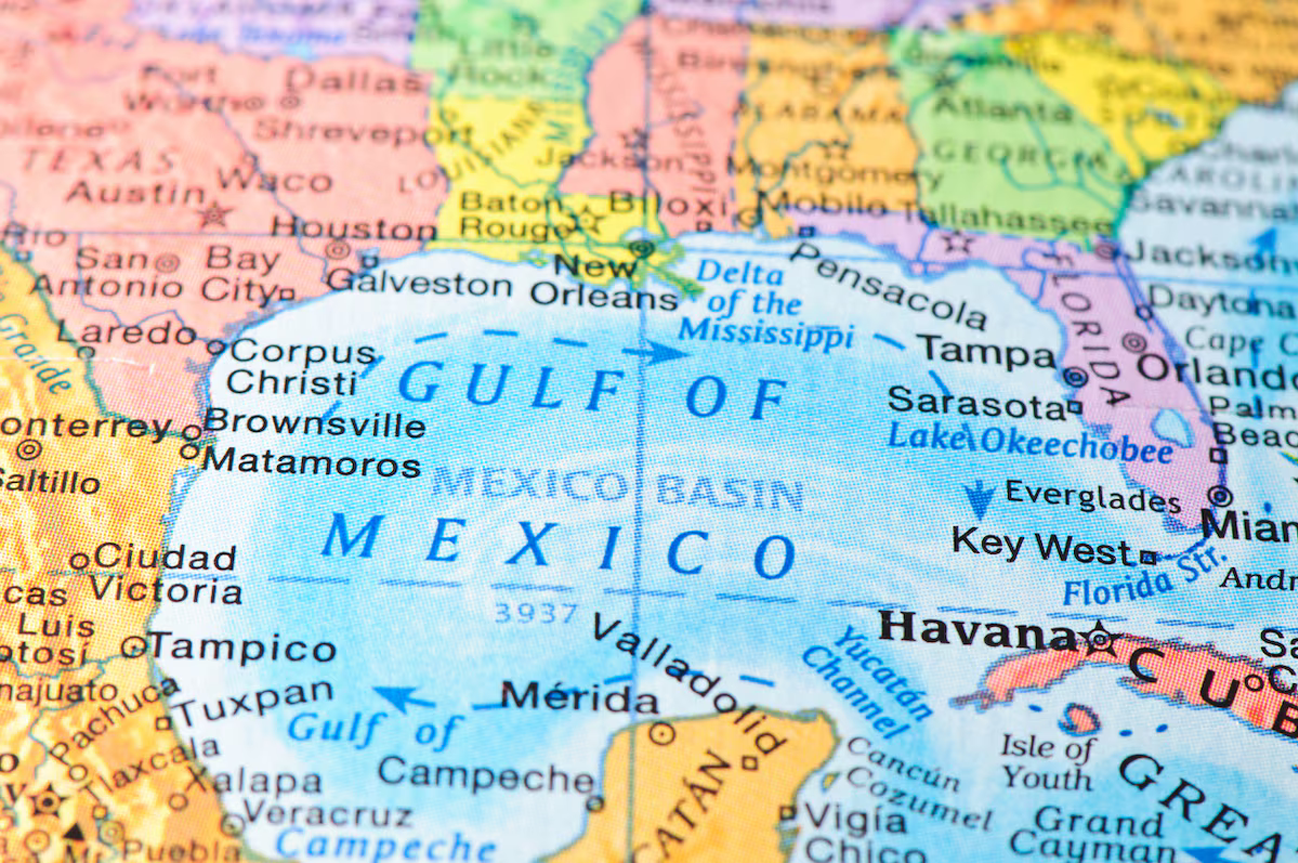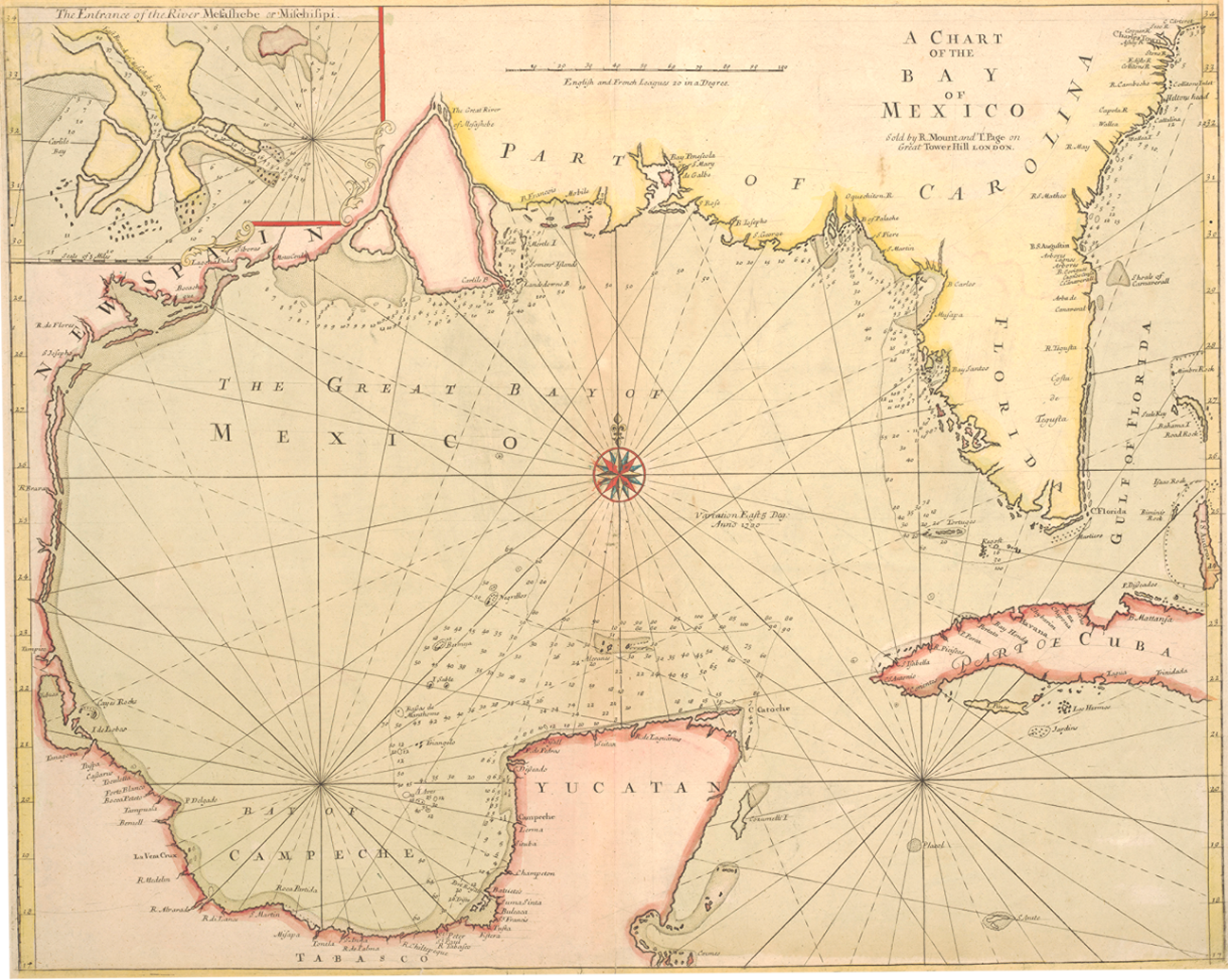It has been alleged that the American administration switched away from calling it the Persian Gulf in the early 2000s simply to annoy the ruling regime in Iran. This was reported in a 2010 opinion piece by Brian Whitaker for The Guardian (see below). While the US navy has used “Arabian Gulf” since opening a base in Bahrain in the 1990s, the US government still officially uses “Persian Gulf.” A UN etymological study reports there to be “unanimity in historical documents” with respect to the predominant usage of the term ‘Persian’ and cites its first usage to have been during the reign of King Darioush of Persia in the 5th c. B.C.E. (Zraick, 2016).
Coincidently or not, shortly before Abu Dhabi announced it would be partnering with the Louvre museum in a 1.3 billion dollar deal, Frances’s preeminent art and antiquities institution dropped the word ‘Persian’ from descriptions of the Gulf in its guides; Iran’s embassy in Paris objected. Iran has objected to other instances of, witting or otherwise, relabelling. A 2006 issue of The Economist magazine was banned from Tehran’s newsstands for describing the heavily trafficked waterway simply as ‘the Gulf’ and, in 2004, it blacklisted a National Geographic atlas for labelling it as the ‘Arabian Gulf.’
One big gulf in understanding
First published in:

Whitaker, B. (2010, October 27). Persian Gulf? Arabian Gulf? One big gulf in understanding. The Guardian. https://www.theguardian.com/commentisfree/cifamerica/2010/oct/27/gulf-of-understanding
Brian Whitaker asks, “has the U.S. switched from calling the Persian Gulf ‘Arabian’ just to annoy Iran?” and concludes that it seems so. Providing context, he continues:
On one side of the water there’s Iran, and on the other side a collection of Arab states: Iraq, Kuwait, Saudi Arabia, Bahrain, Oman and the United Arab Emirates. The ancient geographers Strabo and Ptolemy called this stretch of water the Persian Gulf – a name that has persisted into modern times. Starting in the 1960s, though – and linked to the rise of nationalism – states on the Arab side began calling it the “Arabian Gulf” (al-Khaleej al-Arabi in Arabic). This presents a dilemma for journalists writing about the region. To avoid taking sides in the dispute, my personal preference is to simply call it “the Gulf”, on the assumption that readers will know from the context that I’m not talking about the Gulf of Mexico (see below). Before anyone asks, I might point out that I take a similar view of the water separating England and France which is officially known on one side as the English Channel and on the other as La Manche. Insisting on the “English” bit seems unnecessarily provocative to me, and for the sake of keeping our entente with France cordiale, I think it’s better just to talk about “the Channel”.
But sitting on the fence doesn’t impress the Iranians when it comes to the Persian/Arabian Gulf. They are so touchy about it that in 2006 copies of the Economist were banned from Iran when the magazine dropped the “Persian” epithet from “Gulf”. There were also diplomatic protests when the Louvre in Paris omitted “Persian” from mentions of the Gulf in its guides. At an official level, the UN and various other international bodies recognise “Persian Gulf” as the established and recommended name – presumably based on historical usage.
That is also the official position of the US. Or rather, it was until last week. On 20 October, at a press briefing on arms sales to Saudi Arabia, Andrew Shapiro, an assistant secretary at the state department, referred to “the Arabian Gulf and broader Middle East”. On its own, this might be brushed off as a slip of the tongue, though Shapiro does seem to have been referring to a prepared statement. And since the phrase “broader Middle East” clearly includes the contentious stretch of water, why was it necessary to mention the Gulf (Persian or otherwise) at all? Almost immediately, Shapiro’s use of “Arabian Gulf” stirred the National Iranian American Council into action, and in protest they organised a letter-writing campaign to the secretary of state, Hillary Clinton. Their policy director, Jamal Abdi, also wrote an article about it for the Huffington Post, which appeared on Monday.
It’s difficult to imagine, therefore, that when Kurt Campbell – another assistant secretary at the state department – stepped into another press briefing on Tuesday he was totally unaware of the “Arabian Gulf” rumpus. But he then used the phrase himself, referring to “piracy issues in the Arabian Gulf”. This is too much of a coincidence to be accidental; it suggests a change of policy. “Persian Gulf” has been the official American term since 1917 and in the absence of any explanation from the state department we can only speculate about why it has suddenly become Arabian. There’s no logical reason for it, except as a rather petty gesture calculated to annoy Iran.

‘The Gulf of America’
First published in:

Edelman, G. (2025, February 15). ‘The Gulf of America’ Is the Wrong Fight to Pick. The Atlantic. https://www.theatlantic.com/ideas/archive/2025/02/trump-gulf-renaming-order/681704/
According to Gilad Edelman, the executive order rechristening the body of water known internationally as the “Gulf of Mexico” is not an easy document to take seriously. Highlighting that:
Portions of it read like a child’s research paper: “The Gulf is also home to vibrant American fisheries teeming with snapper, shrimp, grouper, stone crab, and other species.” The import of this and other facts is never quite explained. Perhaps the snapper will taste better now that it comes from the “Gulf of America.”

So, no, this is not a serious document. Is it an illegitimate one? The Associated Press, one of the world’s premier news-gathering organisations, appears to think so. Last month, a few days after Donald Trump issued the order, the AP announced that it would continue using the name “Gulf of Mexico.” This week, the Trump administration retaliated by barring the AP’s reporters from covering White House events, placing the agency in an unenviable bind. The AP argues, convincingly, that denying access to a media outlet because of its choice of words violates the First Amendment. To cave now would be to surrender on the constitutional issue. But this is a fight that Trump is clearly happy to have—especially to the extent that it draws attention away from his more egregious affronts to the public interest and the rule of law. And it’s a fight that the AP probably should never have picked in the first place.



| i | This is the website of Dr Emilie J. Rutledge who, with almost two decades’ worth of experience in managing, designing and delivering university-level economics courses, is currently Head of the Economics Department at The Open University.
 erutledge.com  Dr Emilie J. Rutledge Emilie has published over 20 peer-reviewed papers and is the author of “Monetary Union in the Gulf.” Her current research focus is on employability, the feasibility of universal basic incomes and, the oil-rich Arabian Gulf’s economic diversification and labour market reform strategies. On an ad hoc basis, Emilie provides consultancy on developing interactive university courses, alongside analytical insight on the political-economy of the Arabian Gulf. |
